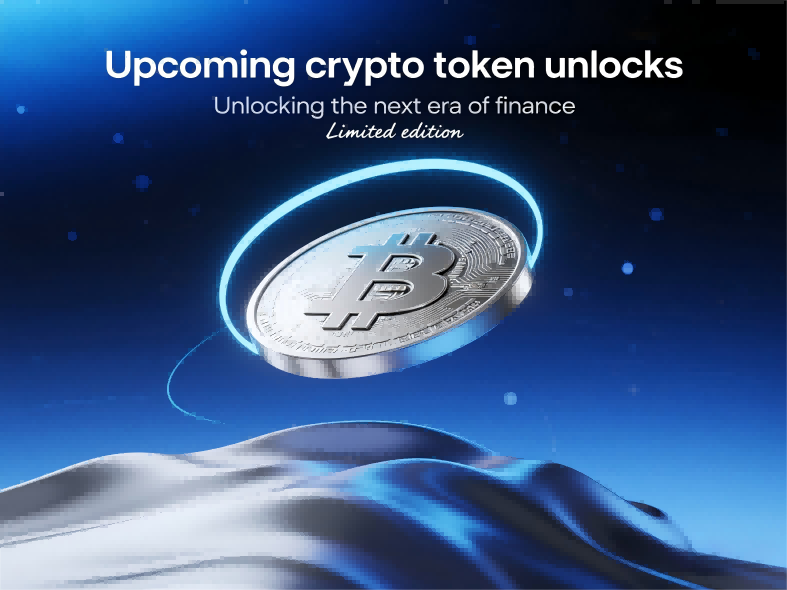In crypto, time isn't just money—it’s liquidity. Every month, millions of dollars’ worth of tokens are released into circulation through scheduled token unlocks. These aren’t random events. They’re carefully orchestrated based on project timelines, investor agreements, and vesting schedules. But here’s the thing: for traders, investors, and analysts alike, token unlocks can either be an opportunity—or a trap.
Let’s break down why these unlocks matter and how you can navigate them like a pro.

When a project holds a token unlock, it means previously locked tokens—often held by early investors, team members, or the foundation—are now being released into the public market. That sudden influx of supply can increase sell pressure, affect price action, and even reshape market sentiment.
Take the case of Aptos (APT) in late 2023. The project unlocked millions in tokens to investors and contributors, and the price dipped almost instantly as recipients rushed to take profits. This pattern repeats across many ecosystems—from gaming tokens like IMX to DeFi favorites like DYDX or ARB. Token unlocks aren't just technical milestones—they’re emotional ones too.
Most unlocks are divided among five major groups:
Each group has different motivations, and not all of them want to hold long-term.
Token unlock calendars are now a must-have in every trader’s toolbox. Sites like TokenUnlocks.app, CryptoRank, and VestLab have made it easier to monitor upcoming release events.
Let’s say a major L2 project like StarkNet (STRK) is unlocking 10% of its supply next week. If you're holding the token, you’ll want to assess the distribution—how much is going to the team vs. the public? Are market conditions strong enough to absorb the supply? Should you hedge your position, or even short it temporarily?
Being early to these answers can mean the difference between holding through a 20% dip—or profiting from it.
Plan Around the Calendar
Use unlock trackers to stay informed. Mark high-impact dates in your trading journal or alerts dashboard.
Watch On-Chain Movement
Follow wallet addresses linked to foundations, VCs, or treasury funds. If those wallets start moving funds after unlocks, it could be a sign of incoming market action.
Don't Panic Trade
Some tokens rebound after unlocks if the market digests the news well. DYDX saw a post-unlock rally after its 2024 unlocks because of strong protocol usage and market support.
Leverage Derivatives
In some cases, savvy traders hedge unlock risk using perpetual contracts or options on platforms that offer such instruments. This can minimize downside exposure if you’re bullish long-term.
(You can always cross-reference these with live unlock trackers or tools like Dune Analytics dashboards.)
The bottom line? Token unlocks aren’t inherently good or bad—they’re just movement. And in crypto, movement is opportunity.
“In markets that never sleep, unlocks are the wake-up calls.”
If you're looking to stay ahead of price swings, protect your capital, or spot entry opportunities others miss, keeping an eye on token unlocks is non-negotiable. Add them to your strategy, not your surprise list.
Looking to automate alerts for unlocks? There are platforms and bots that can help you track upcoming releases, wallet activity, and on-chain shifts—so you’re never the last to react.
Spot trading is straightforward: you buy an asset like Bitcoin, Tesla stock, or gold, and you profit if the price goes up
Read MoreTrading has always carried an air of possibility. The idea of turning a well-timed decision into a life-changing profit a
Read MoreStart your CFD trading
Your All in One Trading APP PFD